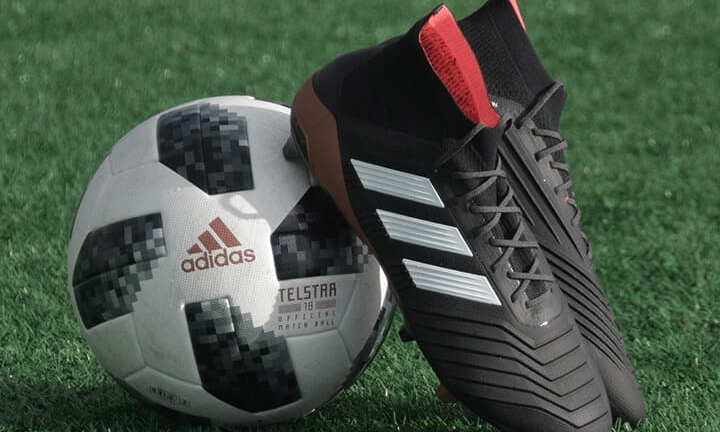Kicking off success: Top 5 IP issues for football clubs ahead of next season
6th June 2025
As the final whistle blows on another season, the time to start planning for the next one begins. In addition to player transfers and other footballing matters, clubs must also consider strategically managing their intellectual property (IP) assets. Neglecting these crucial rights can be costly, resulting in significant financial losses and reputational damage.
We’ve outlined the top five IP issues that every football club in England should be considering now to ensure a successful and protected upcoming season.

-
Brand Protection and Trade mark Enforcement:
Your club’s name, crest, colours, and slogans are powerful trade marks. These are valuable assets that generate significant revenue through merchandise, sponsorships, and licensing agreements. Before the new season kicks off, it’s vital to conduct a comprehensive review of your trade mark portfolio to ensure these assets are in the best possible shape.
For example, are all trade marks registered in the relevant classes and territories? This is something that should be under constant review, especially if you have a growing global fanbase or participate in European competitions.
Furthermore, proactive enforcement is crucial. You must consider what your strategy is to monitor the market, both online and offline, for counterfeit merchandise and unauthorised use of your trade marks. This includes social media platforms and online marketplaces.
Implementing a robust enforcement strategy, which may involve sending cease and desist letters or pursuing legal action against infringers, protects your brand integrity and revenue streams. Our specialist brand protection advisers can assist with proactive monitoring and enforcement.
-
Licence and Sponsorship Deals:
One of a club’s principal revenue streams will be their sponsorship and licensing deals. These agreements are anchored around the club’s key IP assets. Without proper management of these assets, a club is potentially leaving money on the table when it comes to their commercial arrangements.
You should review not only your IP assets but also the agreements you use to exploit these rights. Issues have arisen this season in relation to clubs licensing third-party rights as part of sponsorship agreements. If you are considering placing a third-party logo or brand on your kit for example, you should ensure you can use this without risking any third-party infringement issues. It is important that you clear any brands for use or ensure that the third party providing the logo has done the same.
-
Copyright in Content:
Football clubs generate a vast amount of copyrightable content, including match footage, online content, photographs, website content, social media posts, and marketing materials. It’s essential to understand who owns the copyright in each piece of created content and to have appropriate agreements in place with photographers, videographers, and other content creators.
In addition, consider employing technological measures to prevent piracy and actively pursue legal action against infringers.
-
Database Rights and Fan Data:
Football clubs collect and manage vast amounts of data, including fan information, ticket sales data, and website analytics. This data can be a valuable asset for marketing, fan engagement, and business intelligence. Database rights can provide protection for collections of data where a substantial investment has been made in their collection, verification, or presentation.
When collecting large amounts of data, it is important to put in place robust systems to manage and protect this data to ensure compliance with data protection laws, such as the UK General Data Protection Regulation. Utilising this data effectively, while respecting privacy, can enhance fan relationships and maximise commercial opportunities. For more information, check out our article on fan engagement.
-
Stadium Design Rights:
Interest in commercialising new asset classes has increased this season, with a new focus on stadium designs being commercialised for merchandise or for digital assets. Finding a way to protect these new assets is therefore important if you want to be able to maximise the value you can generate. For example, the design of your stadium and its features can be eligible for design right protection. Stadium design can also be covered by copyright. By owning these rights, you can commercialise the design of your stadium and also seek to restrict any third party from seeking to produce unauthorised merchandise.
By proactively addressing these top five intellectual property issues, football clubs can safeguard their valuable assets and maximise revenue opportunities. Investing in proactive IP strategies and implementing robust strategies is not just a legal necessity, but a crucial element of long-term success both on and off the pitch.




